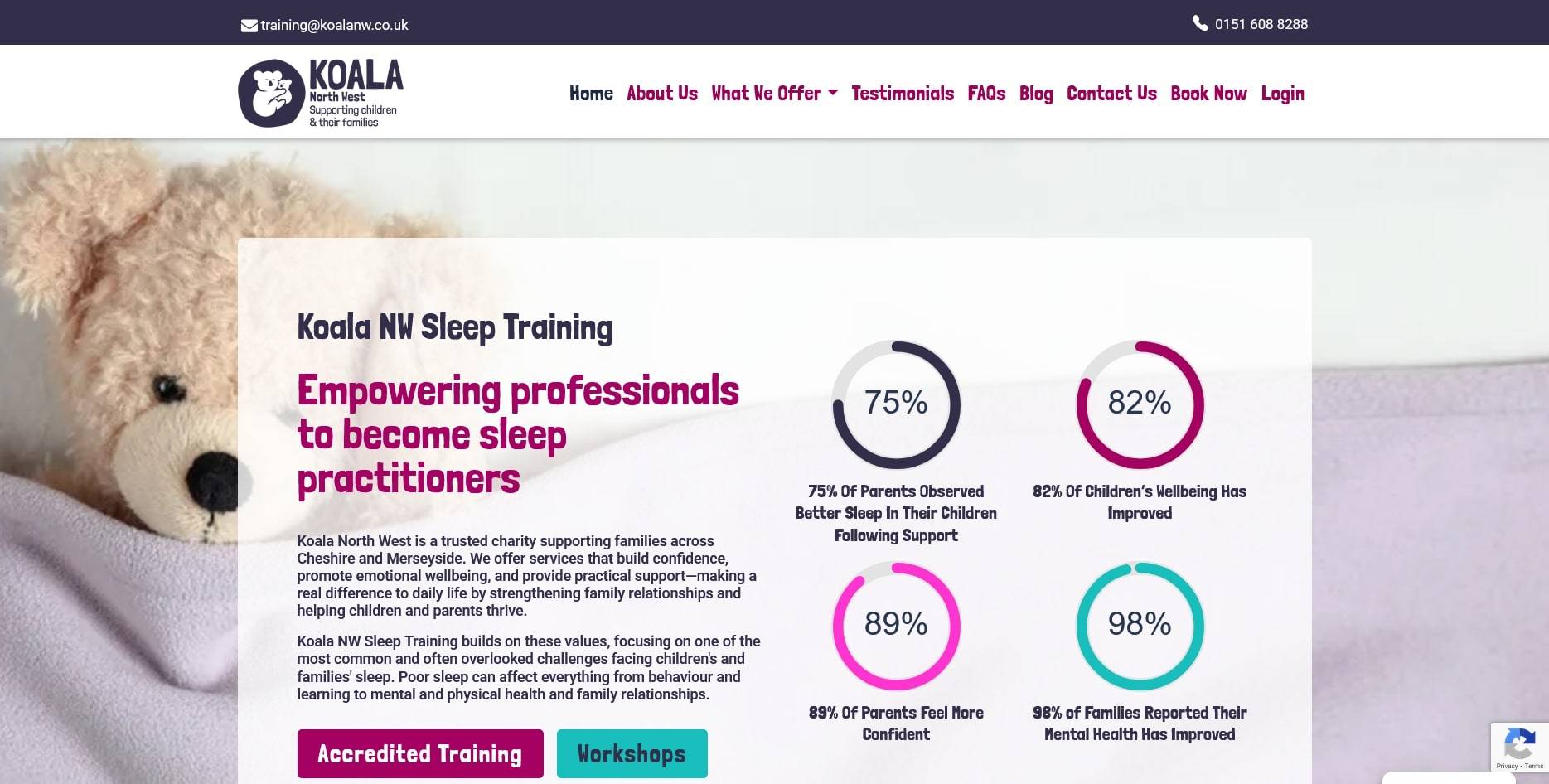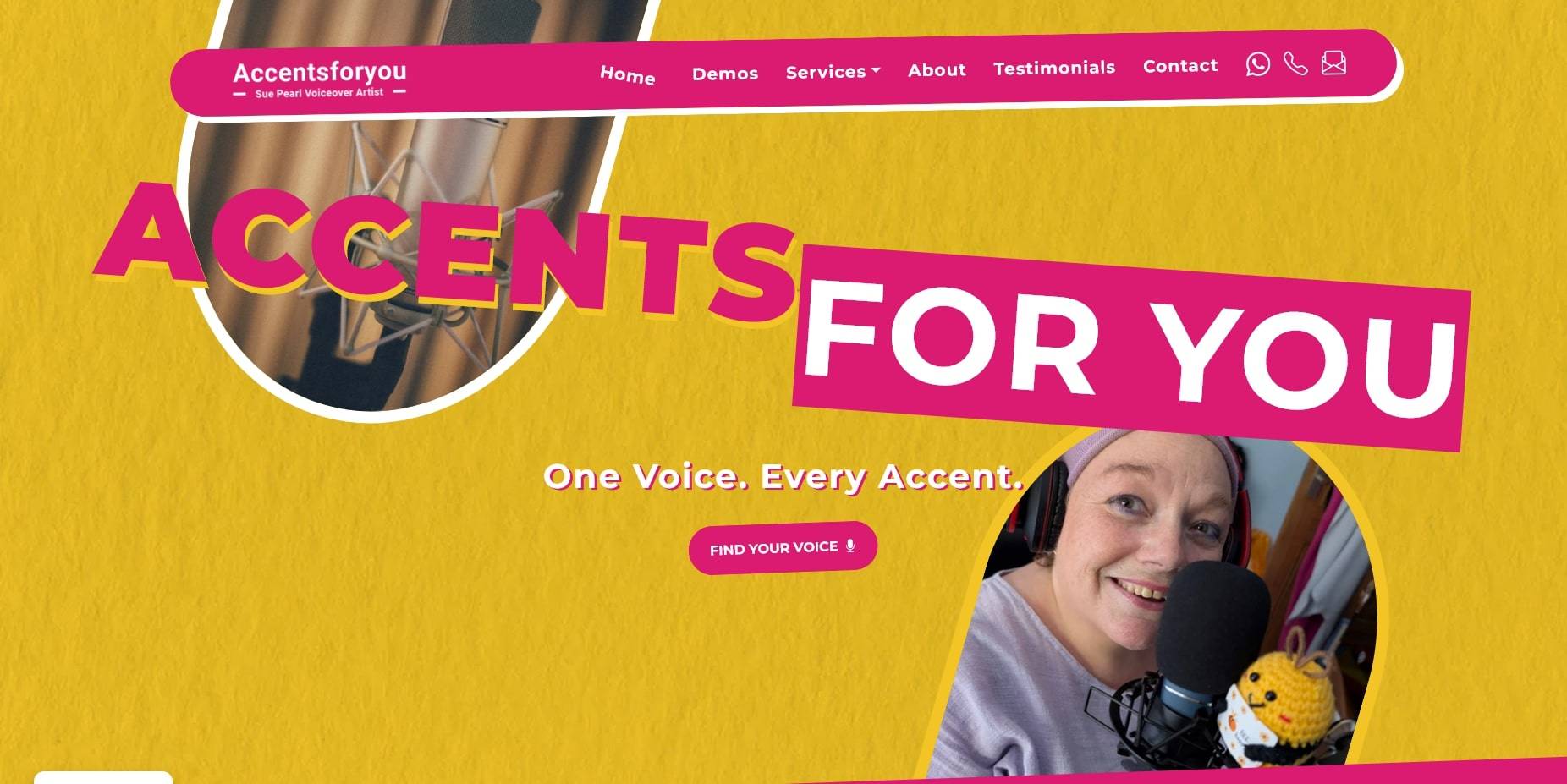Based on the work of Myers-Briggs (Isabel Briggs Myers and Katherine Briggs) and on the personality classifications formulated by Carl Jung, personality style profiles (PSP) help us understand how our personality type affects the way we approach situations and how we may respond or behave and interact with others.
There are no ‘good’ or ‘bad’ profiles, it is completely non-judgmental, but understanding how personalities are simply ‘different’ to our own, rather than inconsiderate or wrong, can help us to work together.
What are the practical benefits?
Why display our personality types on our emails?
The Performer
A person who is an ESFP personality type will concentrate on things that are external. They approach the world rationally and are logical. When it comes to their own internal world, they will think things through according to how they feel and how the idea fits with their personal values. ESFPs are people people.
ESFP behaviour characteristics
The distinguishing feature of an ESFP is their love of fun. They are generally enjoyable people to be around and love being the centre of attention. Excitement and drama are essential in their life and they tend to live their life in the present.
It’s not surprising that ESFPs have highly developed people skills. Appearing sympathetic, generous and warm, ESFPs are natural listeners and peacemakers. An ESFP’s genuine interest in other people means that they pay attention. The result of this is that they can usually pick up on things that are wrong and offer support. Usually, this support takes a practical form; ESFPs don’t enjoy giving advice as they dislike theory, but when it comes to practical help they are the person to look to.
Coupled with their caring nature, an ESFP is optimistic and enthusiastic. They’re definitely comfortable with spontaneity. The love of fun in an ESFP can become a little self-indulgent if they’re not careful, and ESFPs need to be careful to cultivate their intellectual thinking sides as well.
The ‘people person’
The ESFP likes to be the centre of attention, but this means they are driven to entertain and please others. They are aware of how to stimulate the senses and they use this awareness in creating ideas that appeal. Their tendency to live for the present means they put a lot of energy into making ‘now’ fun, and they may benefit from slowing down and thinking about the future.
ESFPs are distinguished by their accepting nature and are very easy to get along with. Their genuine liking of almost everyone means that they are universally liked. Warm and generous to their friends – which is just about everyone they know – ESFPs will only make a firm judgement against a person when they feel they have been betrayed. It’s not easy to counter this dislike.
An underside of the ESFP’s sunny personality is a tendency to be negative when stressed. An ESFP is usually optimistic, however, and even when faced with a negative situation will tend to come up with a general explanation that will make the problem seem less serious. Although this may not be particularly realistic, it helps the ESFP deal with the situation.
Practical and creative
A practical person, an ESFP nevertheless doesn’t like too much structure. They are flexible, enjoy improvising and prefer to be hands-on. Situations involving too much thinking and theorising are situations they may avoid, but when it comes to planning and learning within a team they can be incredibly enthusiastic and effective.
Team environments are where ESFPs shine in the office. Their people skills make them a valuable asset in a team and they help to make the work fun. Another useful skill is the ESFP’s ability to take an idea and translate it into a structured, practical plan. Their feel for aesthetics can add extra flair to a project.
With a strong love of life, caring for others and a practical nature, an ESFP has some valuable skills at hand. Flexibility and an easygoing nature make them calming presences in the office. The ESFP’s interest in making other people happy – and their capacity to turn anything into a fun adventure – means that they are a valuable person in any interactive environment.








